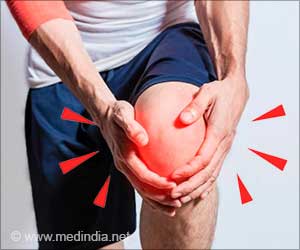Fasting up to 10-12 hours can help lower risk of diabetes and heart disease, observes a study.

During fasting, the body breaks down fat cells, draws bad cholesterol (LDL) from them and converts it into energy for its sustenance.
Benjamin Horne, director of cardiovascular and genetic epidemiology at the Intermountain Medical Center Heart Institute and lead researcher on the study said, "Fasting has the potential to become an important diabetes intervention."
"Though we've studied fasting and it's health benefits for years, we didn't know why fasting could provide the health benefits we observed related to the risk of diabetes," Horne noted.
The new study aimed to look at the impact of fasting on prediabetes over an extended period of time.
The study included both men and women between the ages of 30 and 60 and who had at least three metabolic risk factors.
Advertisement
Not all the participants were obese.
The primary focus of the new study was diabetes intervention, though a weight loss of 3 pounds over 6 weeks ensued in the Intermountain Medical Centre study
The study researchers noticed a reduction in cholesterol levels in people with pre-diabetes over an extended period of time.
They located a biological process occurring in the body during fasting that extracts bad cholesterol in fat cells and converts it into energy, thereby reducing diabetes risk factors.
This process of drawing LDL cholesterol from fat cells for energy conversion should help neutralize insulin resistance.
Insulin resistance is a physiological condition in which the body produces more insulin but does not use it optimally. So blood sugar builds up in the blood leading to type 2 diabetes or prediabetes.
Dr Horne said: 'The fat cells themselves are a major contributor to insulin resistance, which can lead to diabetes.
'Because fasting may help to eliminate and break down fat cells, insulin resistance may be frustrated by fasting.'
Dr Horne called for a more in-depth study and said the findings lay the groundwork for that future study, adding: 'Although fasting may protect against diabetes it's important to keep in mind that these results were not instantaneous in the studies that we performed. It takes time.
'How long and how often people should fast for health benefits are additional questions we're just beginning to examine.'
The research was presented at the annual American Diabetes Association Scientific Sessions.
Source-Medindia















